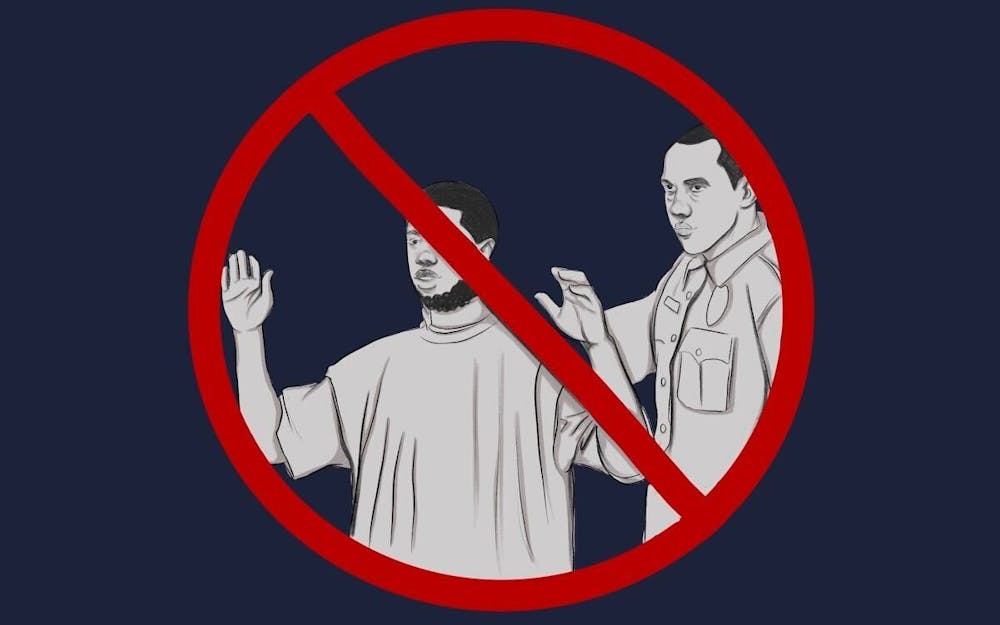There is a new Emmett Till movie being produced by Metro-Goldwyn-Mayer Studios. It talks about Till’s life, his murder and how afterward his mother became a pioneer for civil rights.
Till was a Black boy who was abducted, tortured and lynched on Aug. 28, 1955, in Mississippi. He would have been 81 on June 25 if Carolyn Bryant’s husband and brother had not murdered him for allegedly whistling at her.
While Till and so many others' stories are important, I won’t be watching it. I might buy a ticket to support the film, but I simply can’t endure another Black trauma film. I still haven’t watched “When They See Us,” “Harriet” or “Roots” all the way through. I simply can’t stomach it.
It’s important to share these stories, but there should be a balance. Personally, I see a lot more Black trauma, Black drama and Black negative stereotypes than I see the opposite. Where is the Black punk or Black rock 'n' roll representation? Other than “The Fresh Prince of Bel-Air,” what non-dramas do we have of rich Black families on TV? Or even just Black families with two working parents that isn’t a drama or made after the year 2000.
We shouldn’t be forcing Black trauma down the Black community's throats — especially not when we haven’t moved far from what we’re watching.
We don’t need constant slavery movies because the Black community can’t forget what never stopped. It’s now just evolved into the American criminal justice system. Ever since the 13th Amendment passed, American society has been using the following to justify turning the prison system into modern day slavery: “Neither slavery nor involuntary servitude, except as a punishment for crime… shall exist within the United States.”
I find it ironic that we, as a country, want to continuously make movies and media about Malcolm X, Rev. Martin Luther King, Till, slavery and the '60s. It’s weird because at the same time, there is a large group of people who are fighting against teaching what they consider to be critical race theory. Critical race theory is a movement of civil rights to examine the intersection of race, society, and law in the United States and to challenge and educate truthfully about mainstream American approaches to racial justice. What they are actually concerned about is teaching their “fragile white children” the history and culture they object to because of their own bigotry and racism.
What boggles me the most is there are so many more stories to tell, more truths to discover that American society doesn't want repeated. Where is the show on how white people used to eat Black people yet call Indigenous peoples savages? Yet American society pushed the agenda that Native is synonymous with cannibalism?
How about we make a movie about a government who decided killing unarmed Black women like Breonna Taylor was OK. It took two years for that same government to federally charge the officers for the raid not for killing Breonna Taylor. They were charged with lying to get a warrant and the FBI, including false information in the affidavit, trying to hinder an investigation and firing blindly from the outside.
These stories are different from Black exploitation movies like "Till" and “Django Unchained.” They expose hidden history that hasn’t been seen multiple times, and these movies tend to spend more time graphically showing atrocities than they inform. If we’re going to tell the truth we have to tell all of it.
Until we start showing and telling the truth about the Black community — including our successes and not just the stories we cherry-pick as entertainment and Black trauma — I'd rather not watch.






